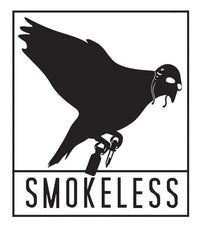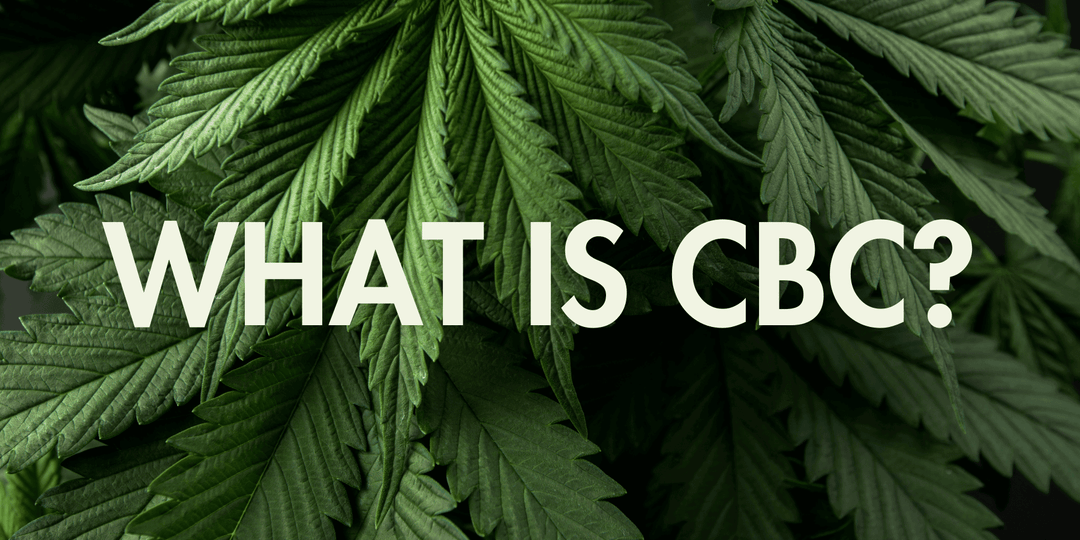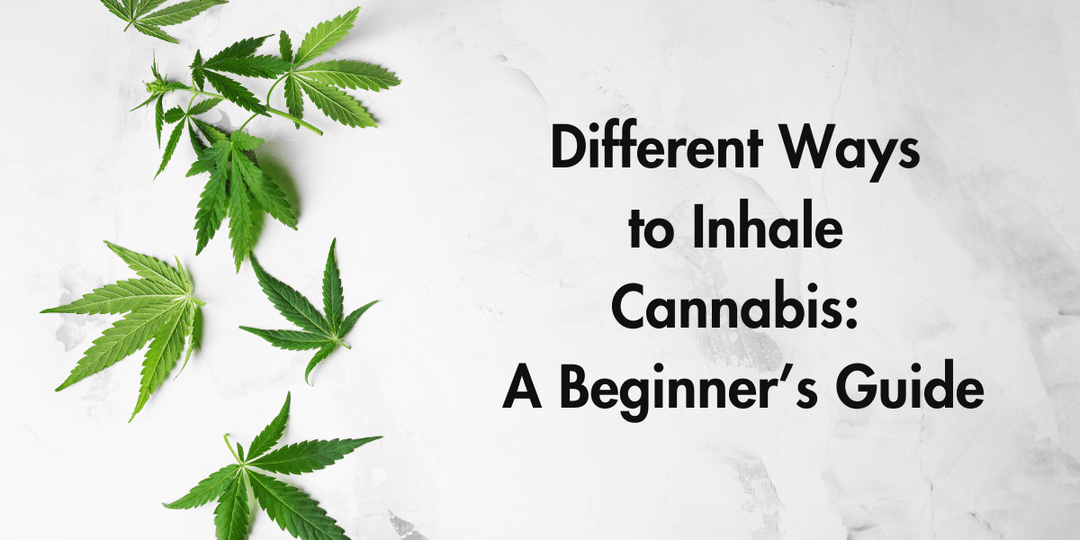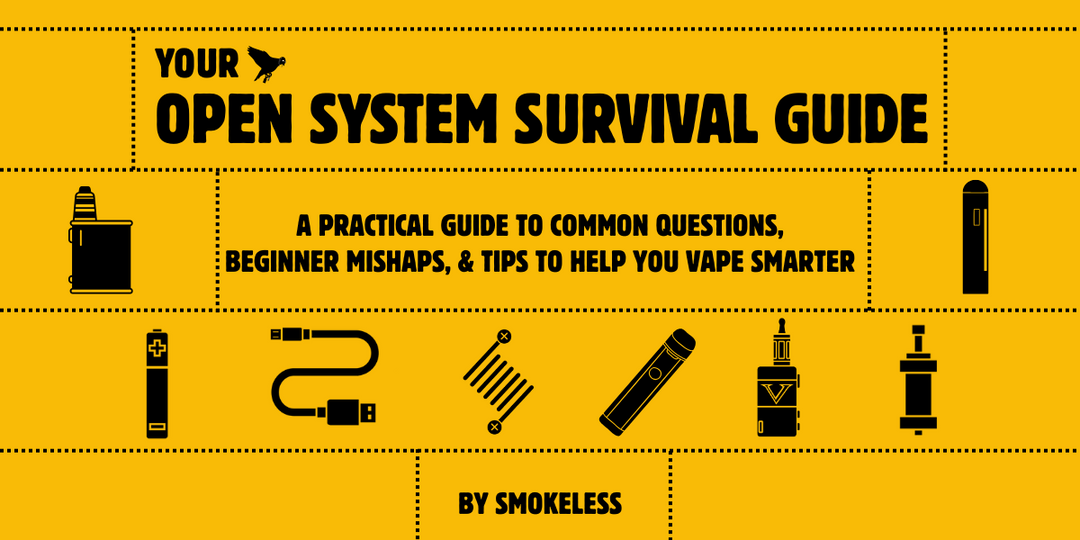Cloud Chasing Linked to Increased Carbonyl Exposure

We've heard the predominant theory on how to quit smoking using Vaping; Make the switch and then gradually lower your nicotine level until you reach zero or quit entirely. But new research from Oxford University and the Society for Research on Nicotine and Tobacco shows that more intensive puffing at lower levels of Nic actually increases the amount of material that filters through our lungs.
The study titled Compensatory Puffing With Lower Nicotine Concentration E-liquids Increases Carbonyl Exposure in E-cigarette Aerosols, published on Nicotine and Tobacco Research, Oxford Academic, looked into whether this more intensive puffing leads to inhaling higher levels of carbonyl compounds, namely formaldehyde, acetaldehyde, acetone, and acrolein.
Bad news for Cloud Chasers, the answer appears to be yes. With the explosion of sub ohm Vaping and Low nic levels, especially in Europe where TPD regulations fix the market to max out at 20mg, Vapers are taking bigger and more frequent hits to satisfy the craving. Even though Vaping is shown to be 95% safer than Smoking, the increased volume of aerosol means more particles passing in and out of the lungs.
“Higher levels of carbonyls associated with more intensive puffing suggest that vapers switching to lower nicotine concentrations (either due to the EU-TPD implementation or personal choice), may increase their exposure to these compounds. Based on real human puffing topography data, this study suggests that limiting nicotine concentrations to 20 mg/mL may not result in the desired harm minimization effect.”
You read that right, Lower nic levels do not maximize harm reduction. Instead, researchers say that keeping nic levels high and reducing the frequency and intensity of vape hits will go much further.
Keep that in mind next time your friend talks about their sick clouds and vapes out the whole room in a few hits.
The study titled Compensatory Puffing With Lower Nicotine Concentration E-liquids Increases Carbonyl Exposure in E-cigarette Aerosols, published on Nicotine and Tobacco Research, Oxford Academic, looked into whether this more intensive puffing leads to inhaling higher levels of carbonyl compounds, namely formaldehyde, acetaldehyde, acetone, and acrolein.
Bad news for Cloud Chasers, the answer appears to be yes. With the explosion of sub ohm Vaping and Low nic levels, especially in Europe where TPD regulations fix the market to max out at 20mg, Vapers are taking bigger and more frequent hits to satisfy the craving. Even though Vaping is shown to be 95% safer than Smoking, the increased volume of aerosol means more particles passing in and out of the lungs.
“Higher levels of carbonyls associated with more intensive puffing suggest that vapers switching to lower nicotine concentrations (either due to the EU-TPD implementation or personal choice), may increase their exposure to these compounds. Based on real human puffing topography data, this study suggests that limiting nicotine concentrations to 20 mg/mL may not result in the desired harm minimization effect.”
You read that right, Lower nic levels do not maximize harm reduction. Instead, researchers say that keeping nic levels high and reducing the frequency and intensity of vape hits will go much further.
Keep that in mind next time your friend talks about their sick clouds and vapes out the whole room in a few hits.





Leave a comment